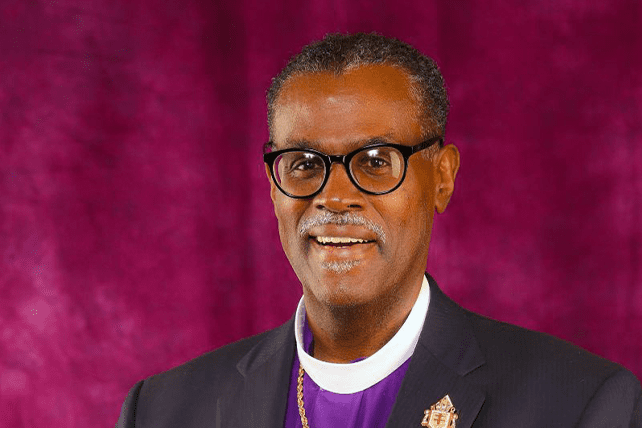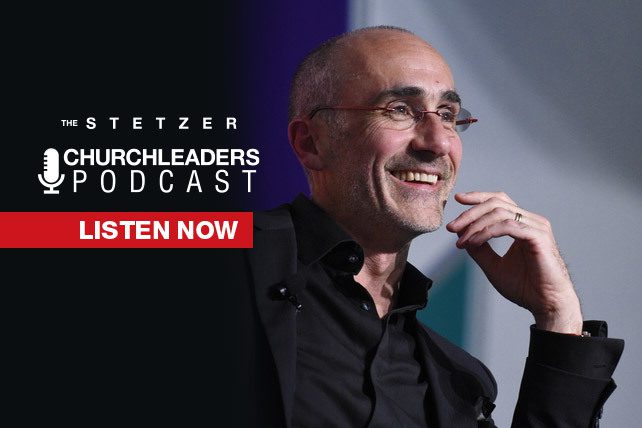Does your current ministry model seem clear? Strategic? Intentional? A clear, strategic, and intentional approach to ministry isn’t unholy. The opposite, in fact. Contributing to the Great Commission doesn’t happen by accident. The more intentional we are in ministry, the better we position our church and ministry for God to work through it.
Here’s the problem: You might not see your church model for what it is any longer.
We typically better understand the things we create. Perhaps your methods were highly intentional when you launched or took over the church or ministry. Your strategy didn’t grow complex or unruly as your ministry grew and evolved. After all, the additions were small and incremental. One Elder’s requested a pet project. A lady in the church offered to lead something new. A community concern arose, and you met the need with a program.
Sure, you’re doing more now than you did when you launched. The church is more complex today than in the past. But that’s supposed to happen. You’re doing more to accomplish more. But busy doesn’t mean production. Activity doesn’t equal productivity. Adding more doesn’t mean you’re accomplishing more. If an outsider saw your ministry model, would it appear to be an intentional approach to move people along a discipleship journey?
Outside perspectives are invaluable. Outsiders have fresh eyes. They aren’t seeing your ministry model as a creator or through dozens of incremental additions. They see it for what it is, not what you perceive it to be. To better see your intentional approach to ministry strategy accurately, you have two options:
- Bring in an outside perspective.
- Think like an outsider.
The first option is typically better yet more expensive. Running with the second option means implementing a process to see yourself and your church more accurately. You can contact some great people and organizations for option 1 (including me, but I’m biased).
An intentional approach to move people along a discipleship journey
1. Define your simplified mission.
You can’t evaluate success until you define the target. Full buildings aren’t the goal. Paying bills is not the target. Getting people “back” to your church is not why you’re passionate about your church.
Your mission is your aim, but your mission statement may be too complex to serve as the target. I love challenging my clients to reduce their mission statement to eight words or less.
For example, a friend and client of mine leads a church with this mission statement: We exist to show God’s love in such a way that people would exchange ordinary living for an extraordinary life through the transforming power of Jesus Christ.
That’s a well-crafted statement, but it’s also long and multifaceted. Is success showing God’s love? Is the goal to engage the transforming power of Jesus Christ? Both of those statements represent more strategy than the mission.
When we worked on simplifying their mission to define success, we reduced it to “people exchanging ordinary living for an extraordinary life.” Eight words exactly. Not that God’s love and the transforming power aren’t necessary, but what’s the ultimate measure of success? The exchange of life.
Give it a try. Go through this exercise with your mission statement. What’s the irrefutable minimum of your mission?
2. Put it all on the table.
Or whiteboard. To completely see your church and ministry model, make a list of everything you do. And I mean everything. Grab a whiteboard or flip chart and start writing it down. List it all out as granularly as you can. Don’t just write “Men’s ministry.” Use that as a category and list everything that happens within each category.










 How do we respond when we are faced with fierce challenges and life just seems unfair? In this week’s conversation on FrontStage BackStage, host Jason Daye is joined by Dr. Shane Stanford. Shane is the president and CEO of The Moore-West Center for Applied Theology and JourneyWise. JourneyWise is a ministry that seeks to disciple others while promoting good mental health. Shane has served as a church planter and a pastor and has written a number of books, including his latest, titled “JourneyWise.” Together, Shane and Jason look at how we can reconcile our expectations with the realities that we face in life and ministry. Shane also shares his personal story, which you will not want to miss, of how he has experienced the goodness of God emotionally, mentally, spiritually, and physically as he has wrestled with an intense medical diagnosis.
How do we respond when we are faced with fierce challenges and life just seems unfair? In this week’s conversation on FrontStage BackStage, host Jason Daye is joined by Dr. Shane Stanford. Shane is the president and CEO of The Moore-West Center for Applied Theology and JourneyWise. JourneyWise is a ministry that seeks to disciple others while promoting good mental health. Shane has served as a church planter and a pastor and has written a number of books, including his latest, titled “JourneyWise.” Together, Shane and Jason look at how we can reconcile our expectations with the realities that we face in life and ministry. Shane also shares his personal story, which you will not want to miss, of how he has experienced the goodness of God emotionally, mentally, spiritually, and physically as he has wrestled with an intense medical diagnosis.















